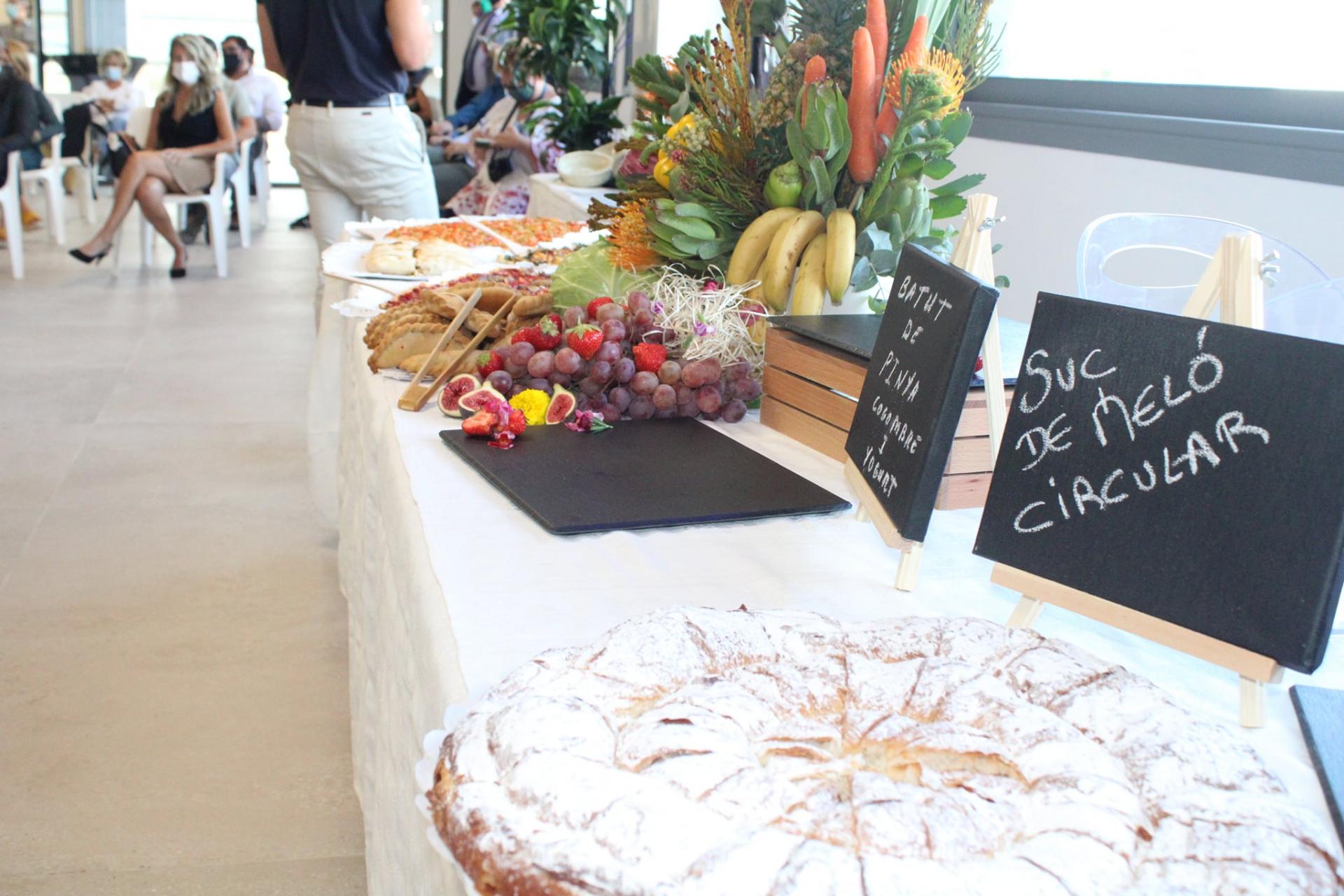At the presentation in Sa Pobla, the Council's president, Catalina Cladera, said that the platform closes the circle of sustainability between producers in the primary sector and large consumers, such as the hotel sector. She also referred to the Council's commitment to making Mallorca "a benchmark for the circular economy, as reflected in the 'Mallorca Circular' plan."
This includes 24 projects backed by 800 million euros from the EU's Next Generation fund. These are to develop a new model of circular production and consumption, which minimizes waste and has the tourism sector as a driving force.
Finhava enables traceability of the entire food cycle. Hotels produce organic matter derived from consumption, which is transported to the Tirme facilities - Tirme is the company responsible for waste recycling in Mallorca. It is transformed into an ecological compound and farmers make use of the compound for fertilising crops. Farmers' products are then reintroduced into the process and the circular economy cycle is closed.
"Finhava offers solutions that contribute to the environmental sustainability of an economic model based on tourism, which operates with especially limited resources due to insularity. These solutions benefit the local agricultural and distribution sectors and increase the offer of zero kilometre products in Mallorca."
Cladera added that "ecological transition is especially urgent in vulnerable areas, such as the islands", which need to have energy autonomy. Sustainability is not only a political and business commitment, it is also an attraction for travellers. Knowledge and innovation capacity can turn sustainable tourism into "the economic lever for change towards a greener, fairer and more resilient Mallorca, and with a tourism that cares for the environment, promotes Mallorcan product, creates quality employment and distributes wealth equitably".


No comments
To be able to write a comment, you have to be registered and logged in
Currently there are no comments.